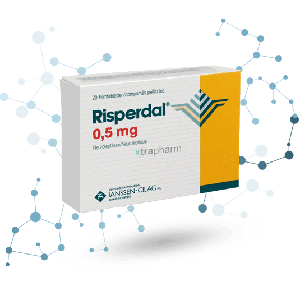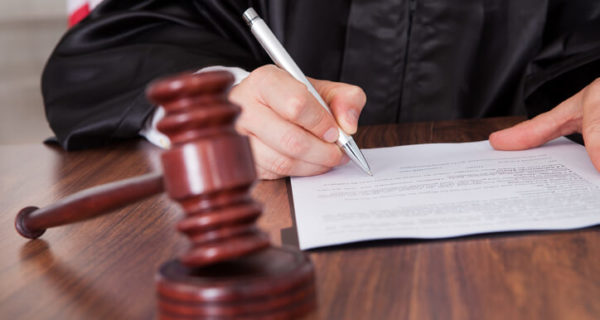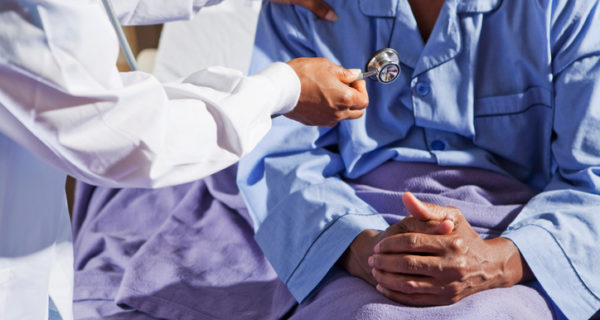Risperdal Settlement & Financial Compensation Information
 Thousands of young men who developed gynecomastia while taking Risperdal® (risperidone) are filing lawsuits against the drug’s manufacturer. Risperdal is the first medication the U.S. Food and Drug Administration approved specifically to treat autism in 2006. However, plaintiffs say they took the antipsychotic drug to manage autism symptoms prior to FDA approval for that purpose. Their attorneys say Johnson & Johnson illegally marketed Risperdal for off-label use in children. In addition, the company faces allegations of intentionally misleading consumers about gynecomastia risks for young boys on Risperdal. And recently, more than one jury awarded plaintiffs a Risperdal settlement.
Thousands of young men who developed gynecomastia while taking Risperdal® (risperidone) are filing lawsuits against the drug’s manufacturer. Risperdal is the first medication the U.S. Food and Drug Administration approved specifically to treat autism in 2006. However, plaintiffs say they took the antipsychotic drug to manage autism symptoms prior to FDA approval for that purpose. Their attorneys say Johnson & Johnson illegally marketed Risperdal for off-label use in children. In addition, the company faces allegations of intentionally misleading consumers about gynecomastia risks for young boys on Risperdal. And recently, more than one jury awarded plaintiffs a Risperdal settlement.
Risperdal affects dopamine production, which can also increase prolactin levels (a hormone promoting breast growth and lactation). Many young boys developed gynecomastia (breast growth) while taking the drug to control autism and bipolar disorder behavioral symptoms. In most cases, boys diagnosed with gynecomastia while taking Risperdal sustained lasting psychological as well as physical trauma.
Undisclosed Sum Paid in First Risperdal Settlement
In 2010, a 21-year-old man filed the first Risperdal lawsuit against Johnson & Johnson. The plaintiff started taking Risperdal in 1999 at age 10, subsequently developed gynecomastia, then ceased the drug in 2004. On the first day of trial in 2012, J&J chose to settle out of court for an undisclosed sum. A Journal of Child and Adolescent Psychopharmacology study showed 4.5% of boys prescribed Risperdal before or during puberty developed gynecomastia. However, Johnson & Johnson manipulated the study’s results by switching any male subjects with gynecomastia for girls. (By definition, girls cannot develop gynecomastia.) Skewing the numerator by gender allowed researchers to declare only .8% of study participants overall developed gynecomastia.
Risperdal Settlement History
After 36 states and the District of Columbia sued Johnson & Johnson in 2012 over deceptively marketing Risperdal for off-label use, the company paid $181 million to settle the complaint. Then in 2013, allegations of improperly promoting Risperdal for off-label use to older adults, children and the developmentally disabled resulted in J&J paying more than $2.2 billion in criminal and civil fines. According to the Justice Department, it’s the third-largest pharmaceutical settlement in U.S. history.
Current Risperdal Settlement Climate
Due to numerous Risperdal cases going to trial, 2015 was a very busy year for Johnson & Johnson. First, another 2015 study showed young men aged 15-25 taking Risperdal were five times more likely to develop gynecomastia. Then in February, a Philadelphia jury awarded $2.5 million to gynecomastia victim Austin Pledger. In November 2017, 21-year-old Nicholas Murray won a $1.75 million Risperdal settlement for gynecomastia. Johnson & Johnson elected to settle another gynecomastia case out of court for $500,000 wherein a claimant was prescribed Risperdal after an Asperger’s diagnosis at age 7. In July 2016, a Philadelphia jury awarded $70 million to a plaintiff who developed gynecomastia while on Risperdal.
At least 1,720 Risperdal lawsuits are still pending. In 2016, these cases were consolidated into a single group filing within the First District of Pennsylvania. If you or a loved one developed gynecomastia while taking Risperdal, you may qualify for financial compensation from the manufacturer. To check your claim’s eligibility online in just minutes to see if you may qualify for a cash settlement, click the button below now.
Check your eligibility for compensation.
If you or a loved one developed gynecomastia while taking Risperdal, you may qualify for compensation from the manufacturer. Request your free case evaluation now to see if you may qualify.
Lori Polemenakos is Director of Consumer Content and SEO strategist for LeadingResponse, a legal marketing company. An award-winning journalist, writer and editor based in Dallas, Texas, she's produced articles for major brands such as Match.com, Yahoo!, MSN, AOL, Xfinity, Mail.com, and edited several published books. Since 2016, she's published hundreds of articles about Social Security disability, workers' compensation, veterans' benefits, personal injury, mass tort, auto accident claims, bankruptcy, employment law and other related legal issues.




